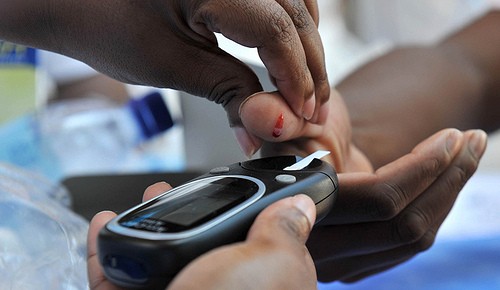
Certain traditional Chinese herbs can help manage blood sugar levels in people diagnosed with prediabetes, a new study says.
The medication was found to be highly effective in preventing the progression of prediabetes to diabetes.
In prediabetes, blood sugar levels cross normal levels but do not reach a level to be described as diabetes. People with prediabetes are considered to be at higher risk of developing type 2 diabetes, heart disease and strokes.
"With diabetes evolving into a serious public health burden worldwide, it is crucial to take steps to stem the flood of cases," said author of the study, Dr Chun-Su Yuan, from the University of Chicago. "Patients often struggle to make the necessary lifestyle changes to control blood sugar levels, and current medications have limitations and can have adverse gastrointestinal side effects. Traditional Chinese herbs may offer a new option for managing blood sugar levels, either alone or in combination with other treatments."
The study looked at 389 Chinese people. Participants were divided into two groups, according to the medication they received, either a Chinese herb mixture known as Tianqi or a placebo. The participants took the medicines thrice daily for a year.
During the study, Dr Yuan and colleagues measured and recorded glucose tolerance of the participants. Among all the participants, 92 were diagnosed with diabetes. Diabetes cases were more common in the placebo group (56) than the participants who took Tianqi (36). Results showed that Tianqi, which is a mixture of ten Chinese herbal medicines, can help lower risk of diabetes by 32.1 percent.
The study has been published in the Journal of Clinical Endocrinology Metabolism (JCEM).
Prediabetes is a condition that affects a significant number of people across the whole globe. Latest research shows that, more than 470 million people will be affected by the condition by 2030.
Though it still remains unclear what exactly leads to this condition, previous research has identified the role of certain genes and excess fat. Following a balancing diet and physical activity is the only way to help prevent this occurrence.

















